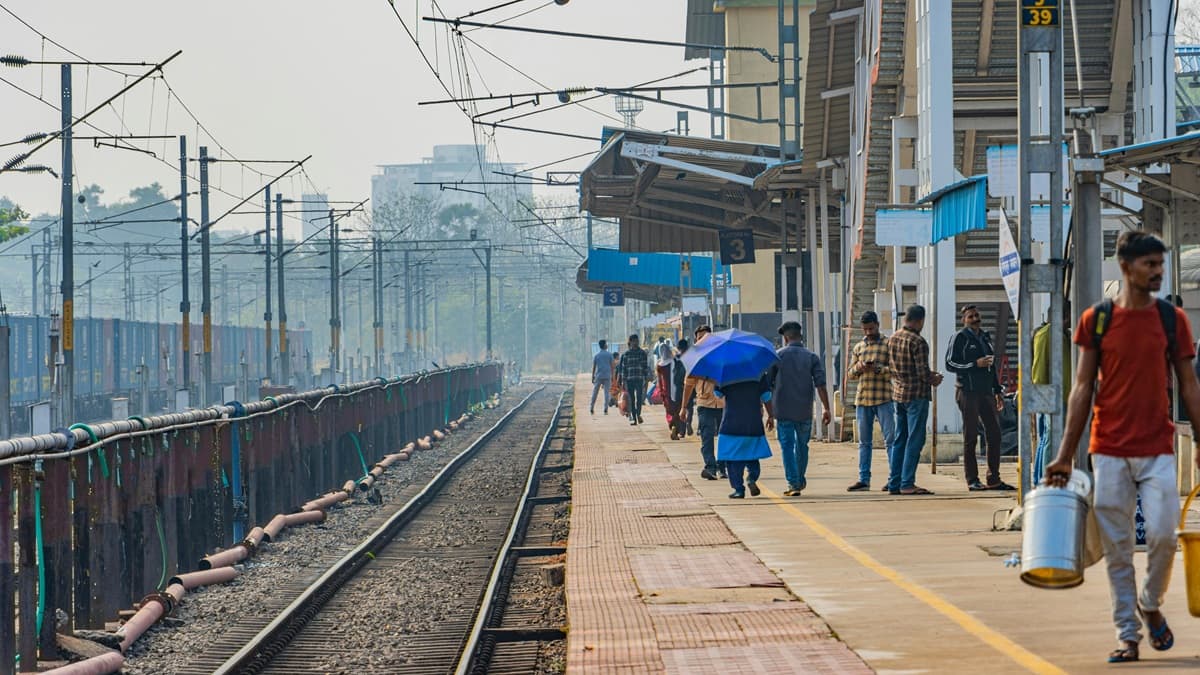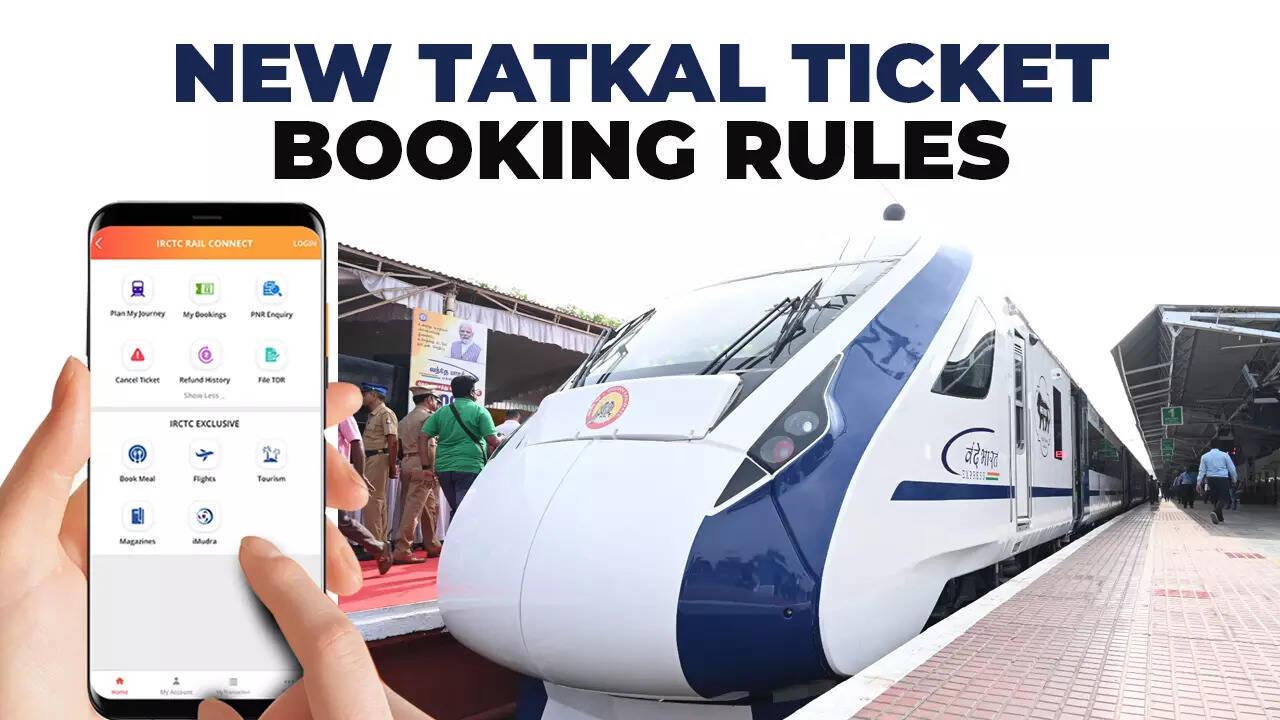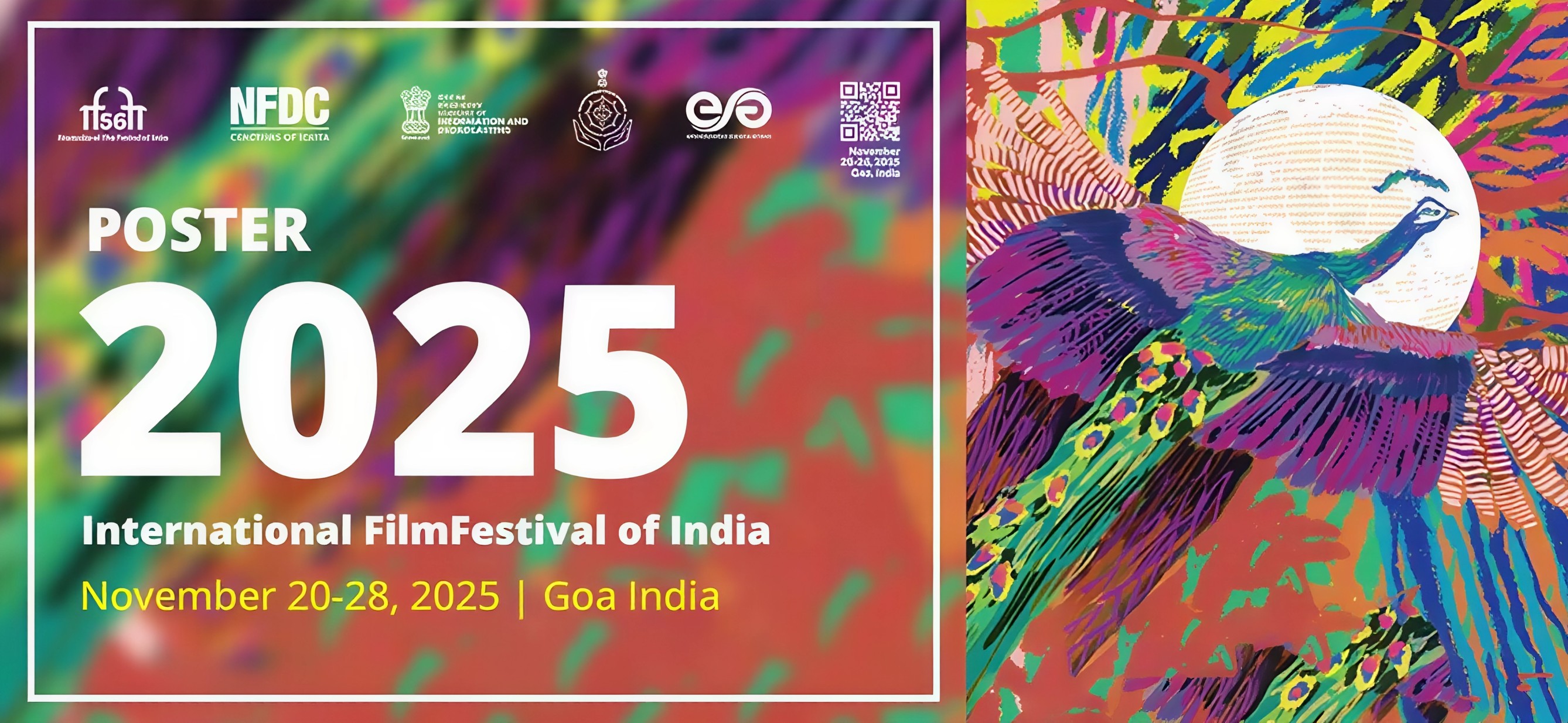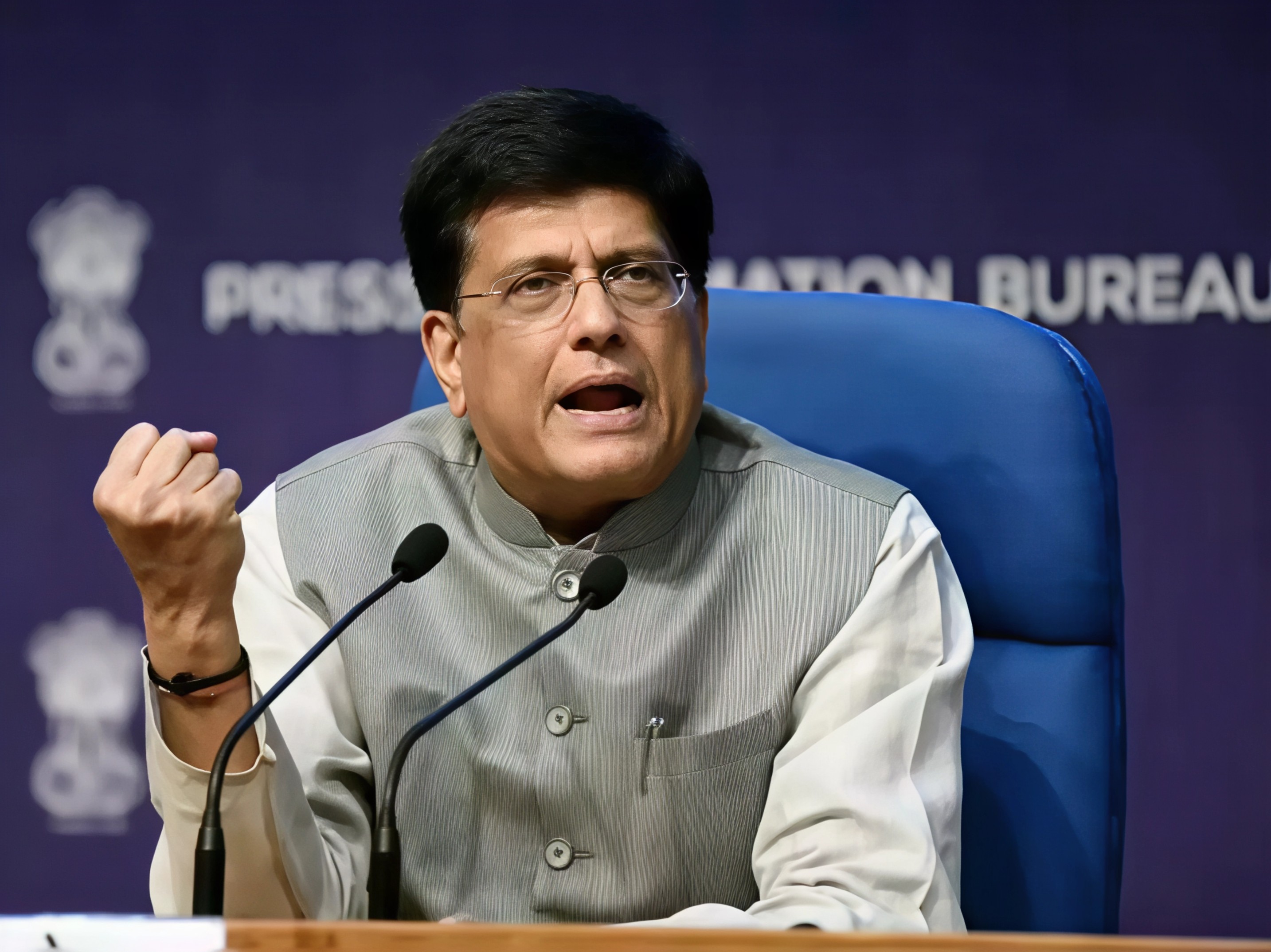Indian Railways is introducing a marginal increase in passenger fares beginning July 1, marking a significant shift after years of stable pricing. While the hike is modest, it coincides with a major change in Tatkal booking rules that could impact millions of travellers across the country.
The fare revision is structured to be as minimal as possible while still supporting the growing operational costs of the national rail network. Non air conditioned Mail and Express trains will see an increase of one paise per kilometre, while air conditioned classes will have a slightly higher revision of two paise per kilometre. This fare change, though small in numbers, is expected to generate substantial additional revenue for the Indian Railways over the next few quarters.

Passengers using suburban train services and those purchasing second class tickets for journeys under 500 kilometres will not see any fare increase. Similarly, monthly season tickets used by daily commuters will remain unchanged. For longer journeys exceeding 500 kilometres in second class, the fare will go up by just half a paise per kilometre. This balanced structure aims to protect the daily passenger while still adjusting for increasing infrastructure and fuel costs.
Railway officials have explained that this hike is essential to keep up with the rising financial demands of fuel, routine maintenance, and infrastructure improvements across the country. For the current financial year 2026, Indian Railways aims to earn close to 92800 crore rupees from passenger services, an increase from the previous year’s revenue of around 80000 crore rupees. With nearly 757 crore passenger kilometres expected during this fiscal period, the revised fares are estimated to contribute about 700 crore rupees in additional income.
In addition to the fare revision, Indian Railways is implementing a major digital change in how Tatkal bookings are processed. Starting July 1, Tatkal tickets on the IRCTC platform will be available only to users whose Aadhaar details are authenticated. The Ministry of Railways believes this step will ensure that the Tatkal system benefits genuine users rather than being exploited by booking agents or bots. This move is expected to make the process fairer and more transparent for everyday passengers.

Data from the Ministry shows that more than 715 crore people travelled by train in the last financial year, including over 81 crore passengers in sleeper and AC classes, and around 634 crore in unreserved categories. These numbers underline the scale of the network and the importance of well managed pricing strategies that consider both affordability and sustainability.
For most travellers, the hike may be barely noticeable, but the change in Tatkal rules will require advance awareness and Aadhaar verification to avoid disruptions while booking urgent tickets. The Ministry encourages passengers to link their Aadhaar in advance to ensure smooth bookings from July onward.
Indian Railways continues to be the backbone of long distance travel in the country, and this move is part of a broader effort to modernise services while ensuring financial viability and better user access.
Follow Travel Moves on Instagram and Facebook for the latest updates on Indian Railways, travel news, and smart tips for navigating your next journey.








